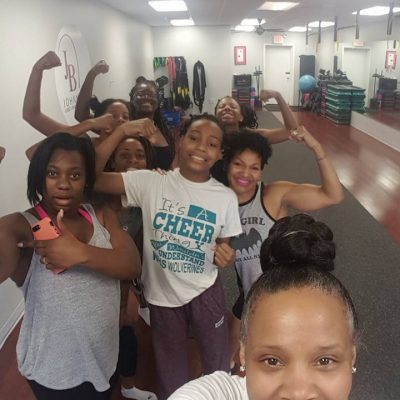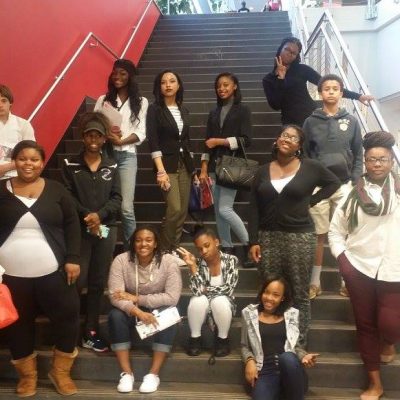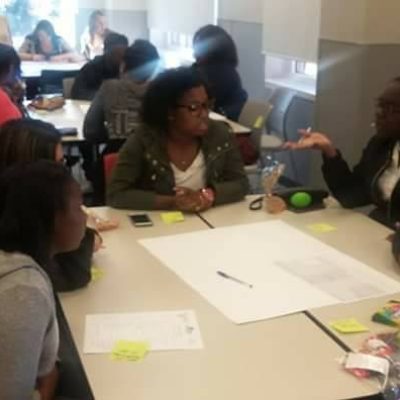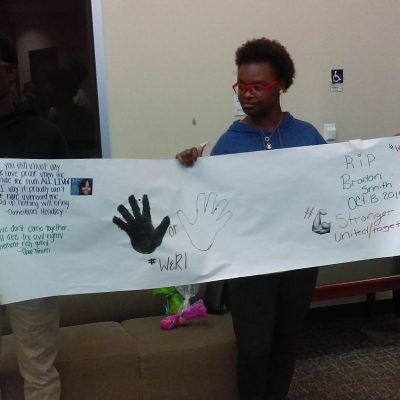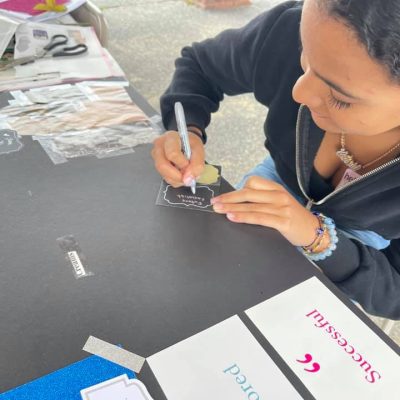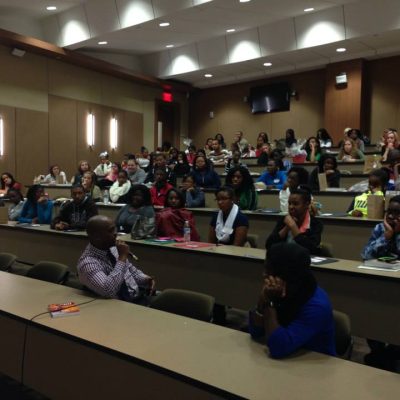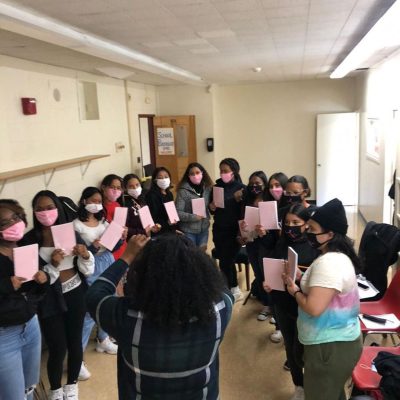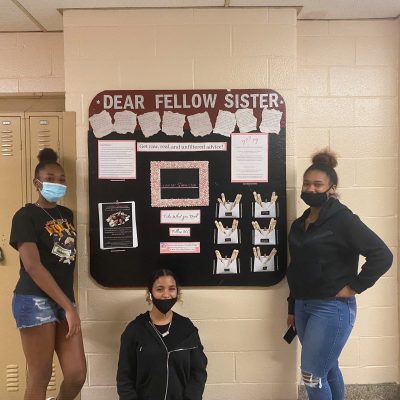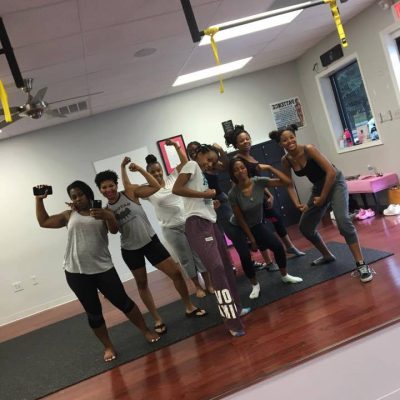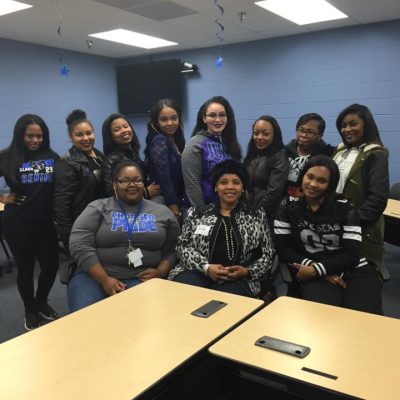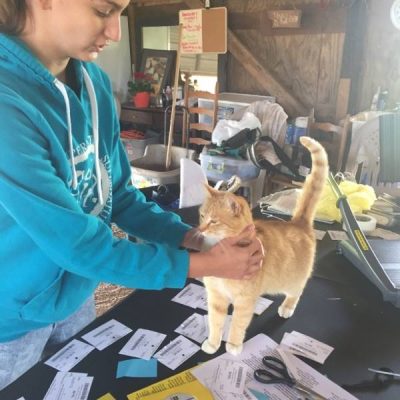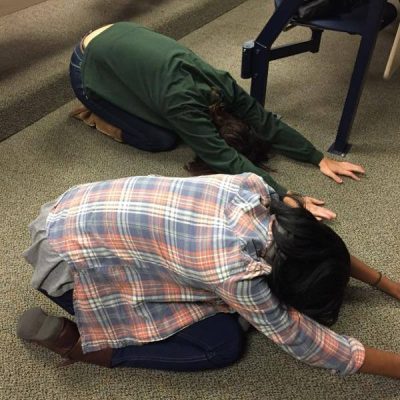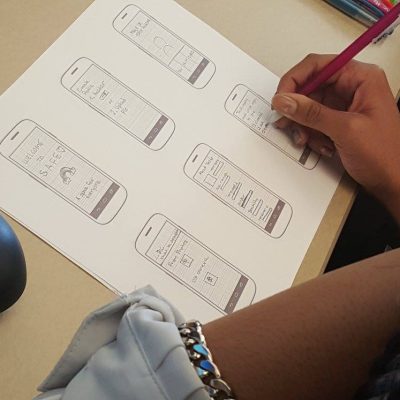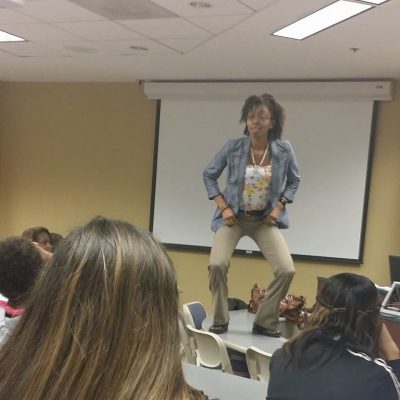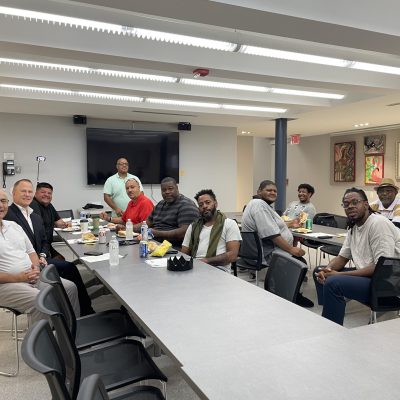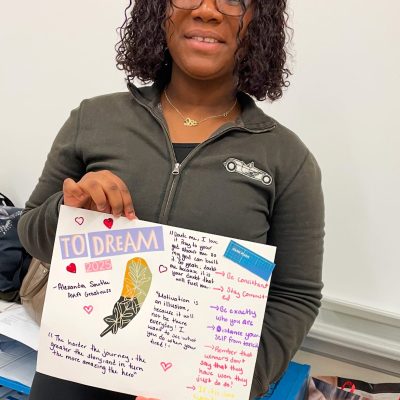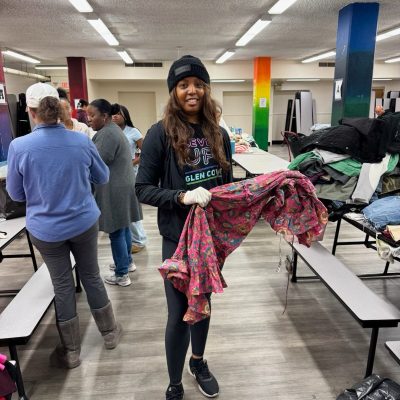The college application process is never without stress, but for high school seniors this year who are drafting essays and researching schools, the COVID-19 crisis has added an unwelcome layer of uncertainty.
Below are some answers to questions that may be on your mind.
Should I submit or even take the ACT/SAT if the schools on my list are test optional?
If you’ve been lucky enough to take an ACT or SAT and your score is on par with or relatively better than your GPA, you should consider submitting it to test-optional schools.
The recommendation for students, particularly in a year where so many things have been taken away, is that AP exams and SAT or ACT scores are a way to distinguish yourself in the eyes of admissions teams for test-optional schools. Colleges focus primarily on high school GPA and the rigor of an applicant’s course load, but they still value standardized testing as a tool to measure students against a common yardstick. Another reason to submit. Many colleges are still figuring out how to determine scholarship eligibility in a test-optional year and it’s not yet clear how that process will shake out.
We recommend you be strategic when testing is optional, you are better off submitting scores only if they are in line with or better than your GPA, so long as they are also in line with or better than the school’s average. If either of those is not the case, it is better not to submit scores.”
For example, a student might choose to submit her 1300 SAT score if the school’s average is 1250, but not submit it to the school on her list with a 1400 SAT average.
Should I cast a wider net for college applications this year?
Given the great many unknowns in the college application process this year, it doesn’t hurt to apply to a few extra schools. With the unpredictability, many guidance counselors are advising applicants to broaden their net, applying both to more high-range and more safety schools.
When developing your list of candidate colleges, spend time identifying schools that are the best fit for you based on four criteria: academics, campus culture, financial aid, and career services, spend time thinking about what schools you might be happy with based on those criteria and not on brand name or reputation. Students not happy at their school more than likely will either transfer or not finish all together.
How do I find the right college when I can’t visit the campus?
While visiting a college in person may be preferable, virtual tours have gotten much better at giving prospects an authentic feel for the campus, academic experience, dorm life, and extracurricular activities available. Many, too, are now interactive, offering potential applicants an opportunity to ask questions by live chat, or connect directly with current students. Some schools also offer (and recommend) one-on-one interviews via teleconferencing technology for a more personal experience.
You should take full advantage of all virtual opportunities available.
Where you could previously only see maybe three schools in person during the summer before your senior year, you can now visit 50 online whenever you want. Students at an in-person campus tour might normally be quiet because their parents are there or other students are there, but now they are becoming super engaged using online platforms.
Virtual events not only offer college-bound students an opportunity to educate themselves about the schools they are considering but can also help them build those all-important relationships with admissions teams, administrators, and current students.
How can I demonstrate leadership when my after-school activities have been halted?
Athletics, music, clubs, volunteer work, and part-time jobs have traditionally been an excellent way to demonstrate leadership skills on your college application. But what do you do when a semester or more of those activities have been taken away?
There are plenty of ways for students to differentiate themselves, from volunteer tutoring online, to virtual work for their part-time job, to taking a leadership role with organizations like i Am My Sister’s Emerging Young Leaders & Professionals Advisory Board.
You may even be able to start a new online club through your school or an i Am My Sister club in the community.
Final tips
The full implications of COVID-19 on the 2021 admissions cycle may not yet be clear, but you can reduce your stress level significantly in the short term by focusing on that which they can control — using virtual events to research colleges carefully, staying connected with friends and family to support your emotional well-being, and staying focused on your senior year grades to ensure that you finish strong.



